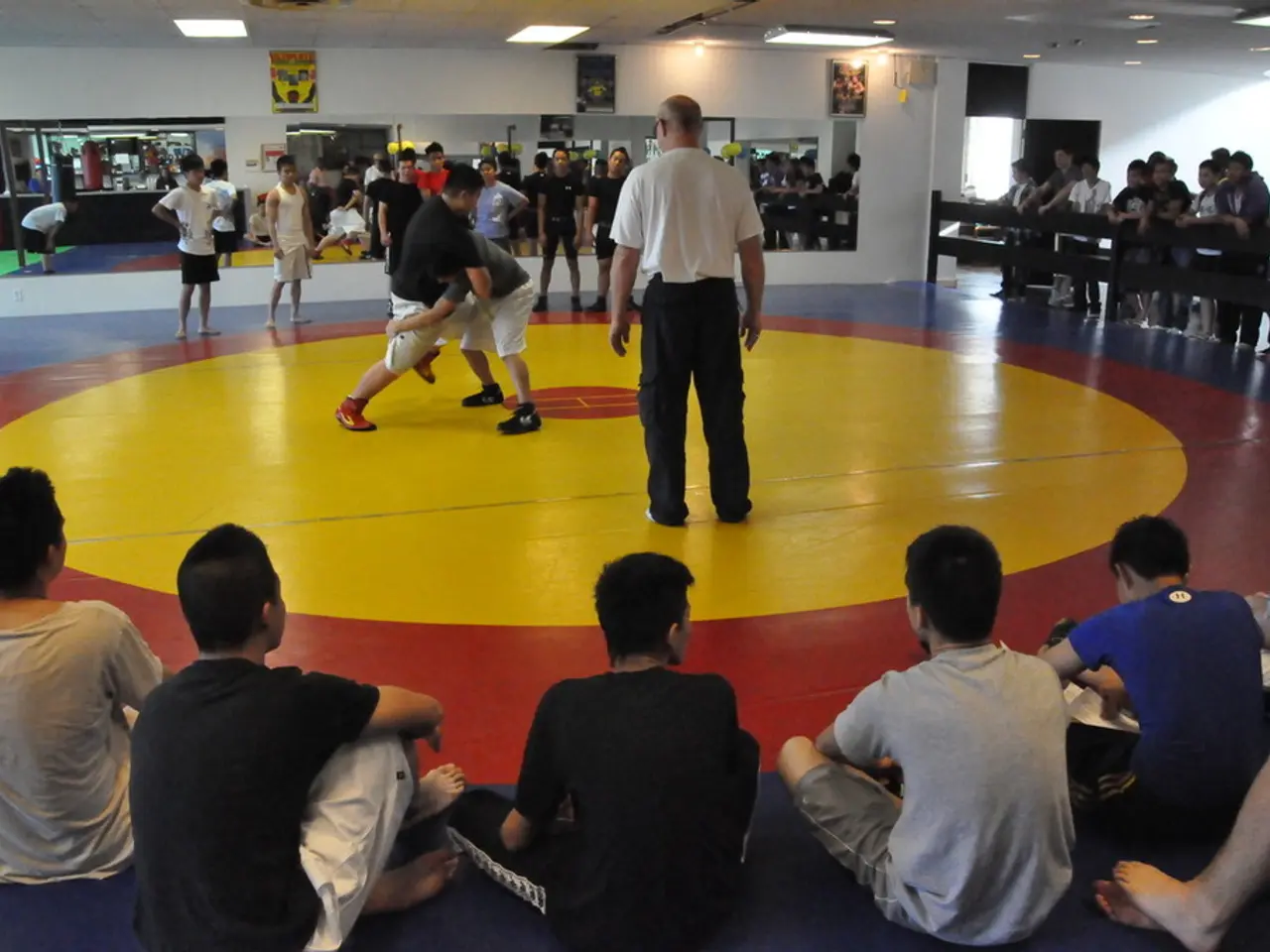Imminent developments in low wage litigation
Strengthening Employment Rights in Australia: The Closing Loopholes Bill
The Australian Government has taken a significant step towards addressing wage theft and improving pay fairness by introducing the Closing Loopholes Bill, effective from January 1, 2025. This legislation is designed to bolster protections around employment rights, particularly for casual workers and those covered by modern awards [1][2].
At the heart of the bill is a new general rule defining casual employees based on the lack of a firm advance commitment and the entitlement to casual loading. Employees can now notify their employers if they believe they are misclassified as casuals, prompting mandatory employer consultation within 21 days [1]. This measure aims to reduce misclassification, a potential source of wage theft or underpayment.
The bill also strengthens protections for penalty and overtime rates, preventing employers from rolling these rates into an all-in flat rate of pay if this results in workers being worse off. Approximately 2.6 million workers relying on modern awards stand to benefit from these strengthened protections [2][5].
While the bill extends some protections to gig workers, providing them with basic employee-like rights, critics argue that it does not enable collective bargaining and leaves classification decisions to the Fair Work Commission. This may limit the bill's full impact on wage theft in gig sectors and could increase costs for small businesses [3].
The legislation complements other reforms, such as mandatory electronic payment of wages, to increase tax compliance and reduce wage theft [4].
The Closing Loopholes Bill also establishes clearer pathways for employers who self-report to the Fair Work Ombudsman (FWO) and take reasonable steps to repay the correct amount, exempting them from criminal penalties for honest mistakes [6].
Under the proposed bill, the maximum possible penalty for underpayment is 10 years imprisonment and fines of up to $7.8 million or three times the amount that was underpaid if it exceeds the maximum fine [7]. If the FWO does not prosecute, unions may commence class action proceedings under Part IVA of the Federal Court Act as a means of expediting employment-related group claims [8].
Once the Bill passes Parliament, the increases to civil penalties and changes to the serious contraventions provisions may commence shortly afterwards [9]. The Government is providing significant funding to the FWO to implement their commitment to criminalise wage theft, ensuring a robust enforcement of the new legislation [10].
In summary, the Closing Loopholes Bill represents a significant step towards tightening wage theft controls and ensuring pay compliance across various employment types. However, the bill's effectiveness for gig workers and the potential impact on small businesses remain concerns that will influence its long-term impact [1][2][3][4][5].
[1] ABC News, "What the Closing the Loopholes Bill means for workers and employers," 2023. [2] Fair Work Ombudsman, "Closing the Loopholes Bill 2023," 2023. [3] The Conversation, "The Closing the Loopholes Bill: What it means for gig workers," 2023. [4] Treasury, "2023-24 Federal Budget," 2023. [5] Australian Council of Trade Unions, "Closing the Loopholes Bill," 2023. [6] Fair Work Ombudsman, "Self-reporting and Voluntary Compliance," 2023. [7] Fair Work Ombudsman, "Penalties for Underpayment," 2023. [8] Fair Work Ombudsman, "Class Actions," 2023. [9] Treasury, "Explanatory Memorandum: Fair Work Amendment (Closing the Loopholes) Bill 2023," 2023. [10] Treasury, "2023-24 Federal Budget," 2023.
In contrast to the focus on improving wage theft and employment rights, there is a noticeable absence of specific provisions for sports professionals, many of whom are self-employed or classified as independent contractors, potentially leaving them exposed to exploitation [11].
Addressing wage disparities and ensuring fair employment practices within sports industries could be an important addition to the Closing Loopholes Bill, benefiting the countless athletes and sports personnel [11].
[11] The Guardian, "Sports stars face inequality and exploitation as self-employment booms," 2022.






